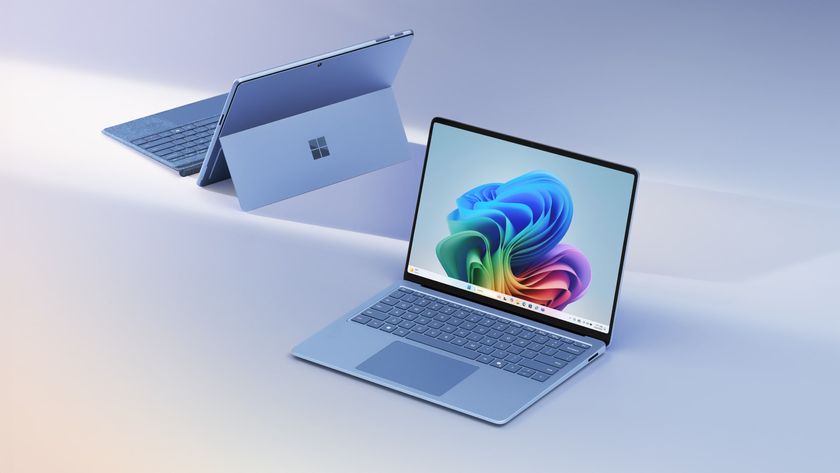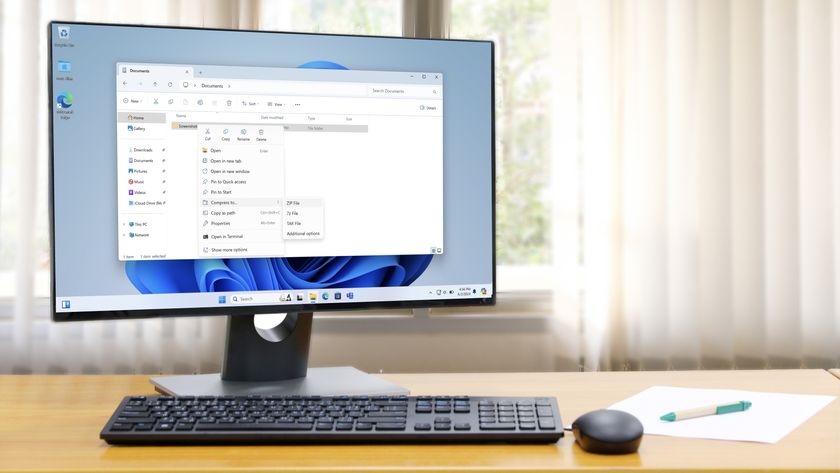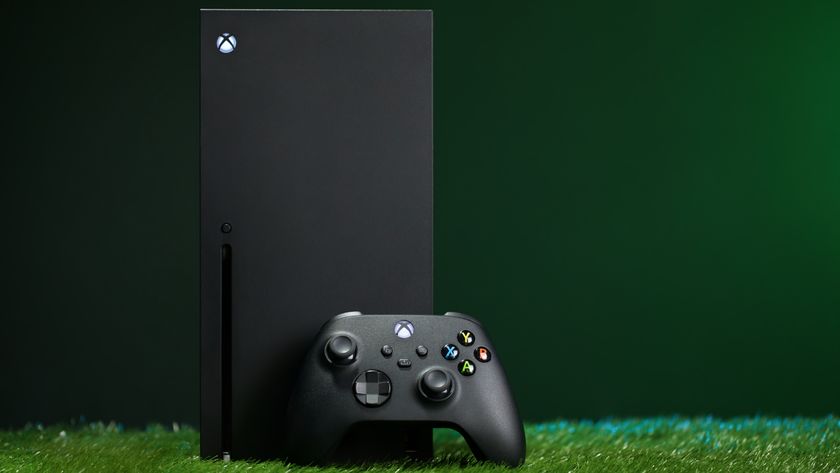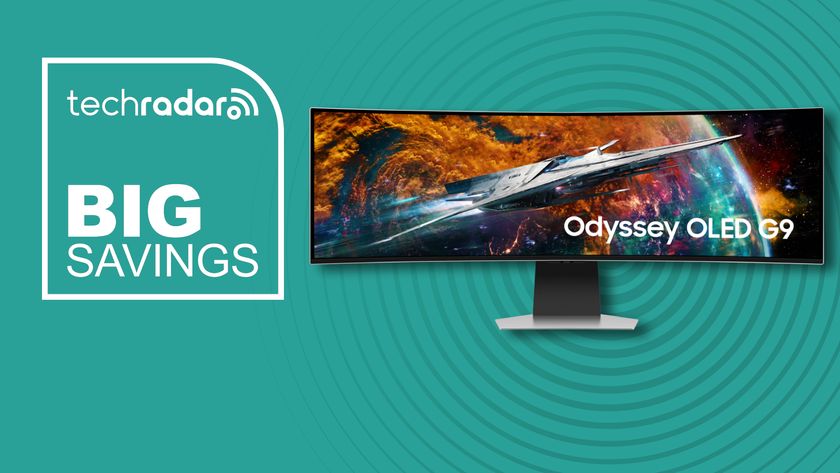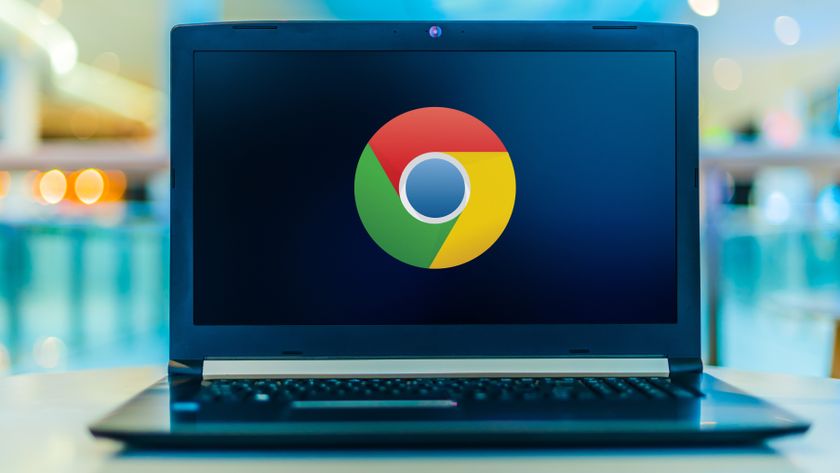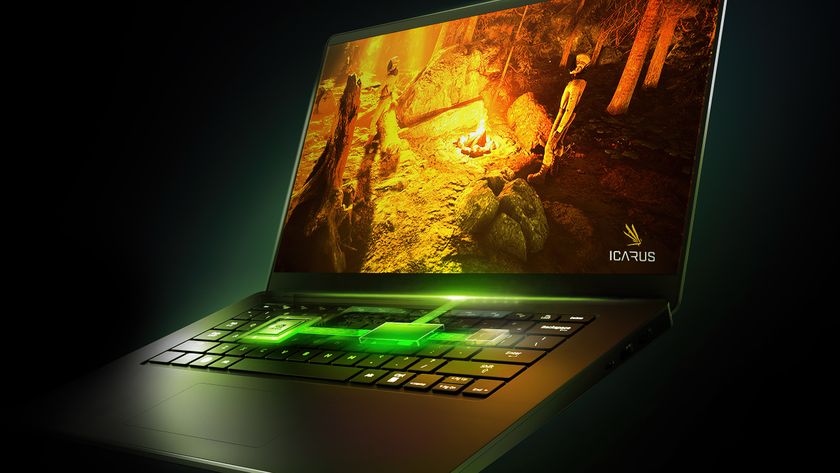Graphics chip makers have now had plenty of time to get to grips with the new driver model and the performance gap has been slowly closing. Today, there's precious little in it.
Our verdict
It's tricky to capture with benchmarks the sort of subjective glitches and slow downs that anyone who has used Vista as their main operating system for an extended period will be all too familiar with. Anecdotally, at least, Vista installations seem particularly prone to growing fat and wheezy.
Certainly, Windows Vista is packed with all sorts of subroutines and hidden processes - such as file indexing, application caching - that are ostensibly designed to improve performance. But the same measures can also induce an enormous amount of what seems to be entirely unnecessary disk activity. It's not unusual to find an idle Windows Vista box making a noise that sounds uncannily like the hard drive chewing a brick.
Nevertheless, there are one or two areas of real interest from our objective benchmarks. Firstly, SP1 has solved Vista's previously feeble zip file handling. It's now on a par with Windows XP in that regard. SP1 also remedies a small but worrisome shortfall in memory bandwidth compared with XP.
However, a particularly popular gripe that SP1 does not address is Windows Vista's piggishly resource-hungry nature. If there's a single figure that sums up the perceived bloat it suffers from, look no further than Vista's memory usage at idle.
787MB is an absolutely ludicrous amount for a system to swallow from a fresh boot of a new installation. Windows XP squeezes itself into just one fifth the space.
Get daily insight, inspiration and deals in your inbox
Sign up for breaking news, reviews, opinion, top tech deals, and more.
In the end, SP1 is undoubtedly better than the original RTM build of Vista. Windows We're glad to see Microsoft at least attempt to address the criticisms that its latest operating system has attracted. But it's probably not enough to prevent Windows Vista from going down in history as marking the beginning of the end for the Windows project.
Technical analysis
TEST: System efficiency: Windows Task Manager:
Memory Idle: Lower equals better
Windows XP SP2: 159MB..........Windows Vista RTM: 782MB
Windows XP SP3: 162MB..........Windows Vista SP1: 787MB
TEST: Memory bandwidth: SiSoft Sandra 2008:
Memory throughput: Bigger equals better
Windows XP SP2: 6.99GB/s..........Windows Vista RTM: 6.55GB/s
Windows XP SP3: 7.02GB/s..........Windows Vista SP1: 7.01GB/s
TEST: Extracting ZIP files: WinZip Extraction Test:
Time to complete: lower equals better
Windows XP SP2: 14sec..........Windows Vista RTM: 32sec
Windows XP SP3: 15sec..........Windows Vista SP1: 15sec
TEST: 3D rendering: CineBench R10:
Time to complete: Lower equals better
Windows XP SP2: 81sec..........Windows Vista RTM: 84sec
Windows XP SP3: 81sec..........Windows Vista SP1: 82sec
TEST: Game loading time: COD4 level load time:
Time to complete: Lower equals better
Windows XP SP2: 19sec..........Windows Vista RTM: 19sec
Windows XP SP3: 19sec..........Windows Vista SP1: 13sec
TEST: Time taken to boot Windows:
Time to complete: Lower equals better
Windows XP SP2: 35sec..........Windows Vista RTM: 65sec
Windows XP SP3: 37sec..........Windows Vista SP1: 76sec
TEST: Video encoding: X.264 Video Encode:
Framerate: Bigger equals better
Windows XP SP2: 160fps..........Windows Vista RTM: 155fps
Windows XP SP3: 159fps..........Windows Vista SP1: 157fps

